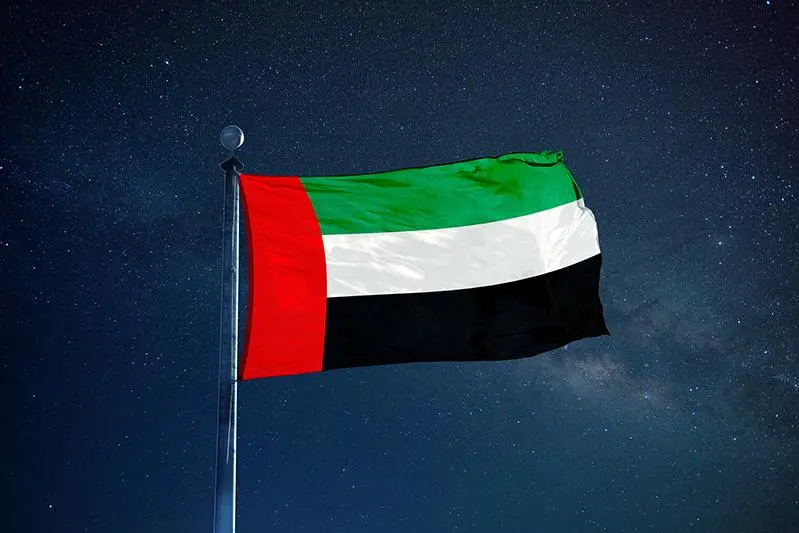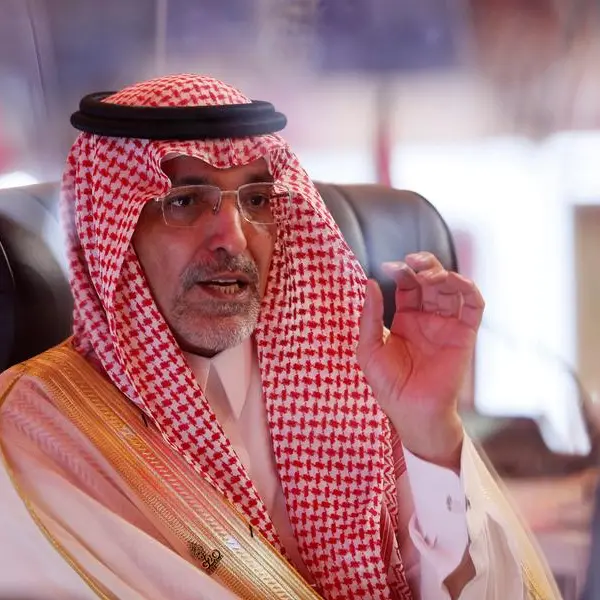PHOTO
The Ministry of Finance (MoF), in cooperation with the Organisation for Economic Cooperation and Development (OECD), today hosted in Dubai the second forum on Pillar Two or the Global Minimum Tax of Base Erosion and Profit Shifting (BEPS) Project and the Global Anti-Base Erosion Rules (GloBE), as a part of the UAE’s commitment to international standards around taxation.
The forum was inaugurated by Mohamed Hadi Al Hussaini, Minister of State for Financial Affairs, in the presence of Younis Haji Al Khouri, Under-Secretary of the MoF, Khalid Ali Al Bustani, Director-General of the Federal Tax Authority, Mariam Al Amiri, Assistant Under-Secretary for the MoF's Financial Management Sector, and Achim Pross, Deputy Director within the OECD's Centre for Tax Policy and Administration (CTPA), Shabana Begum, Executive Director - Tax Policy Sector at the MoF, and tax officials in countries of the region, in addition to representatives from the government and private sector.
Al Hussaini said, “The UAE adopts financial and tax policies, legislation and systems that serve its ambitious national development goals, while ensuring the highest levels of transparency and preventing financial and tax malpractices. This commitment is in line with the international standards that are necessary to manage and implement tax systems, and to ensure the country’s leadership in this field.
“We continue to support international efforts to address tax base erosion and profit shifting to contribute to the continuous improvement of the global economic environment. In 2018, the UAE joined the comprehensive framework of the BEPS programme, and on 1st June, 2023, the UAE introduced federal corporate tax of 9 percent for the first time in its history."
Al Hussaini highlighted the importance of the Global Minimum Tax, which provides the means for establishing an internationally coordinated system of taxation that applies a top-up tax on profits when the effective tax rate is below the minimum rate of 15 percent. He further stressed that the progress achieved so far in this project demonstrates the strength of international cooperation in achieving our common goals of building a strong and sustainable tax eco system through forward looking policies and legislation.
He noted how the forum’s participants will benefit from the OECD insights shared on the latest global anti-base erosion rules, the impact on businesses that are headquartered in the region, as well as the administrative changes that governments in the region may need to take into consideration when implementing the rules.
The Minister of State for Financial Affairs added, “We are committed to developing a sustainable tax ecosystem and accumulating the expertise necessary to enhance the UAE’s global competitiveness as a leading global financial center. We aim to enhance our tax policymaking frameworks, and to consolidate mutual cooperation between the UAE and international organisations, including the OECD. We have cooperated with the OECD since 2006 in a number of seminars to develop and deliver similar fiscal policy seminars across the MENA region, with the participation of regional officials who exchanged their experiences with their UAE and OECD counterparts, on international tax rules and require international tax reforms.”
The sessions began with an overview of the technical aspects and latest developments in GloBE rules, roadmap for the key steps towards effective implementation and administration of the rules, and the scope and application on sovereign wealth funds and joint ventures. This was followed by panel discussions on selected issues of “the top-up-tax,” understanding the rules, assessing their impact on local taxpayers and existing rules, and implementing the rules within local legal frameworks, legal tools and legislative approaches.
The sessions saw the participation of senior experts and specialists, including: John Peterson, Head of Division at the Center, and Félicie Bonnet, Head of Unit, Chris Sanger (EY), the Global Tax Leader for Government, as well as EY’s Tax Policy leader for the UK, Noora Saif Al Suwaidi, Vice President within Mubadala’s Group Taxation Department, Sebastian Bock (ICD), Vice President Finance at the Investment Corporation of Dubai (ICD), the principal investment arm of the Government of Dubai, Julie Claire Cunningham (EGA), Global Head of Tax and Risk at Emirates Global Aluminium (EGA), Alex Law (Deloitte), GPS and M&A Tax Leader for Deloitte Middle East, and Guy Genssen (ADNOC), Executive Vice President - Group Controller.
The forum included a workshop on Pillar 2 of the OECD-led Base Erosion and Profit Shifting Project and the Global Anti-Base Erosion Rules. Pillar 2 – a global minimum corporate tax rate of 15 percent – that establishes a floor on corporate tax competition. Specifically, the Global Anti-Base Erosion Rules provide the means for establishing an internationally coordinated system of taxation that applies a top-up tax on profits when the effective tax rate is below the minimum rate.
At the end of the workshop, Al Khoori said, “Our cooperation with the OECD today comes within the framework of a renewed memorandum of understanding since 2007, which aims to build a strong tax partnership for the MENA region through the exchange of expertise and experiences, in addition to cooperation in exchanging information for tax purposes."





















